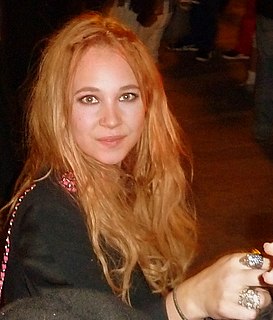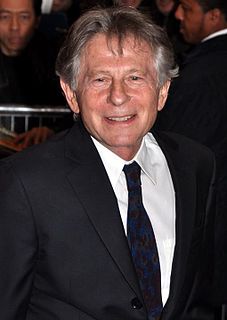A Quote by Juno Temple
I like to leave the movie theater and still be thinking about the film and questioning why the character did that.
Quote Topics
Related Quotes
You can make a film in a way that, when the audience leaves the theater, they leave with certain answers in their head. But when you leave them with answers, you interrupt the process of thinking. If, instead, you raise questions about the themes and the story, this means that the audience is on its way to start thinking.
I'm not a big fan of violent movies, it's not something I like to watch. And it's not my aim or goal to make a violent movie. My characters are very important, so when I'm trying to depict a certain character in my movie, if my character is violent, it will be expressed that way in the film. You cannot really deny what a character is about. To repeat, my movie end up becoming violent, but I don't start with the intent of making violent movies.
Why did Erich von Stronheim leave Germany? Why did Hitchcock leave England? If you were a director you'd like to work in Hollywood too. Now go ahead and ask me if I'm still Polish. You people keep asking me this question. You want Polish artists to make it in the world, but when they do, you accuse them of treason.
When I did Mira Nair's film on AIDS, people told me to stay away from it and even asked me reasons why I chose to do a film on the stigma. My reason for choosing the movie is similar. It is a social reality and there is no harm being a part of a movie like this as it really dissects the reality of the crisis.
I think film is a world of directors. Theater is a world of actors. Or, theater is for actors as cinema is for directors. I started in theater. Filming is as complete as directing film. In theater, you are there, you have a character, you have a play, you have a light, you have a set, you have an audience, and you're in control, and every night is different depending on you and the relationship with the other actors. It's as simple as that. So, you are given all the tools.
It's far easier to write why something is terrible than why it's good. If you're reviewing a film and you decide "This is a movie I don't like," basically you can take every element of the film and find the obvious flaw, or argue that it seems ridiculous, or like a parody of itself, or that it's not as good as something similar that was done in a previous film. What's hard to do is describe why you like something. Because ultimately, the reason things move people is very amorphous. You can be cerebral about things you hate, but most of the things you like tend to be very emotive.




































